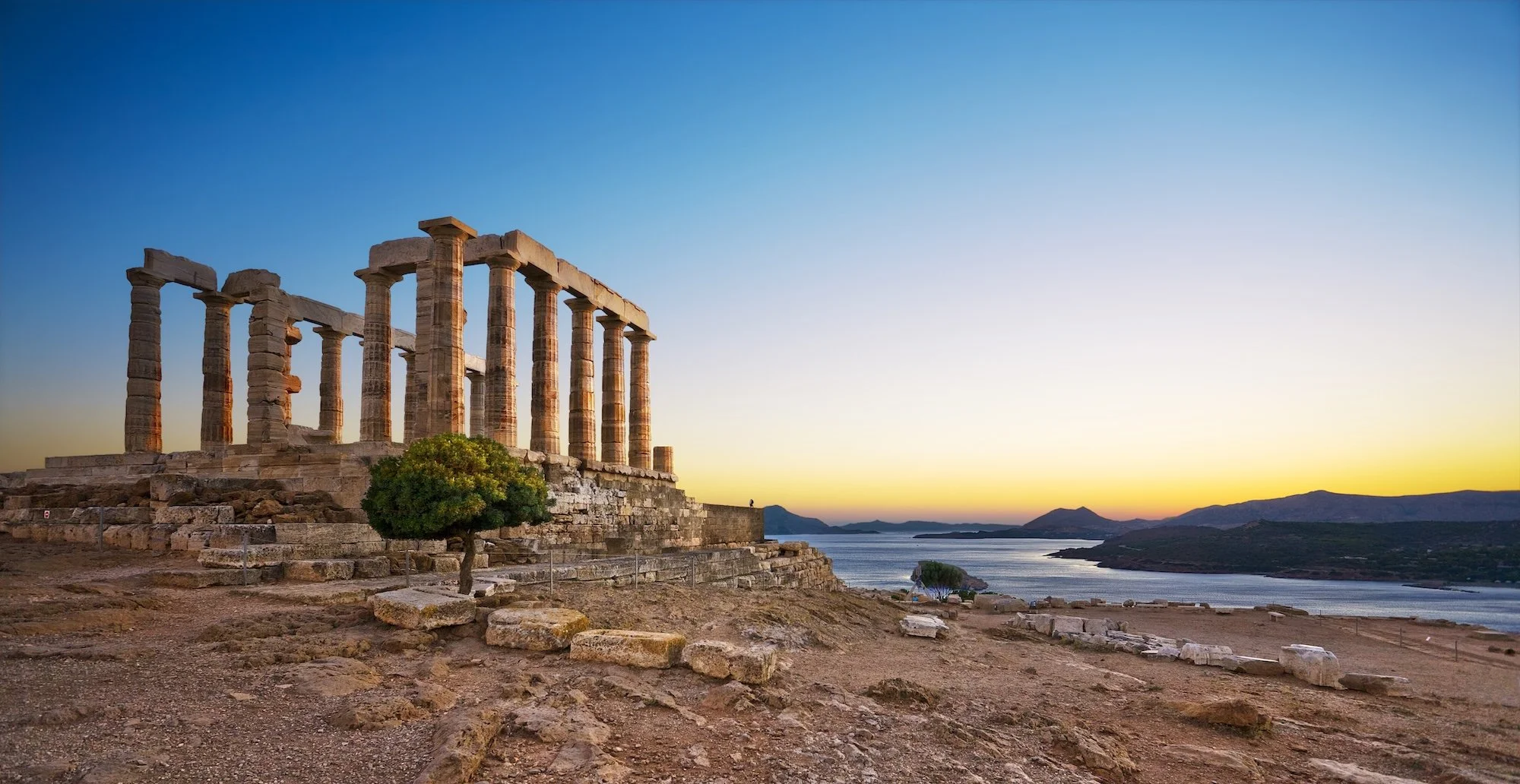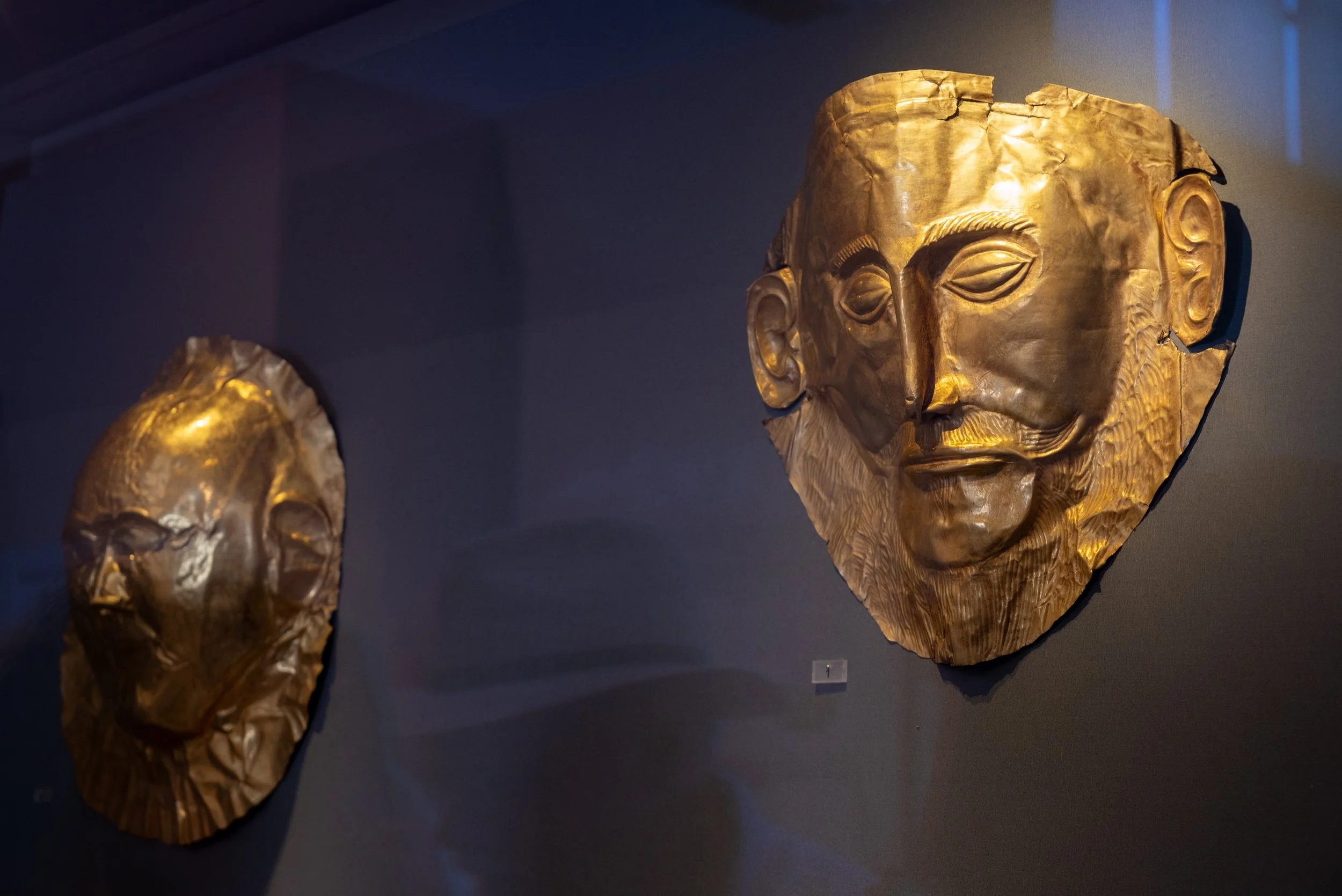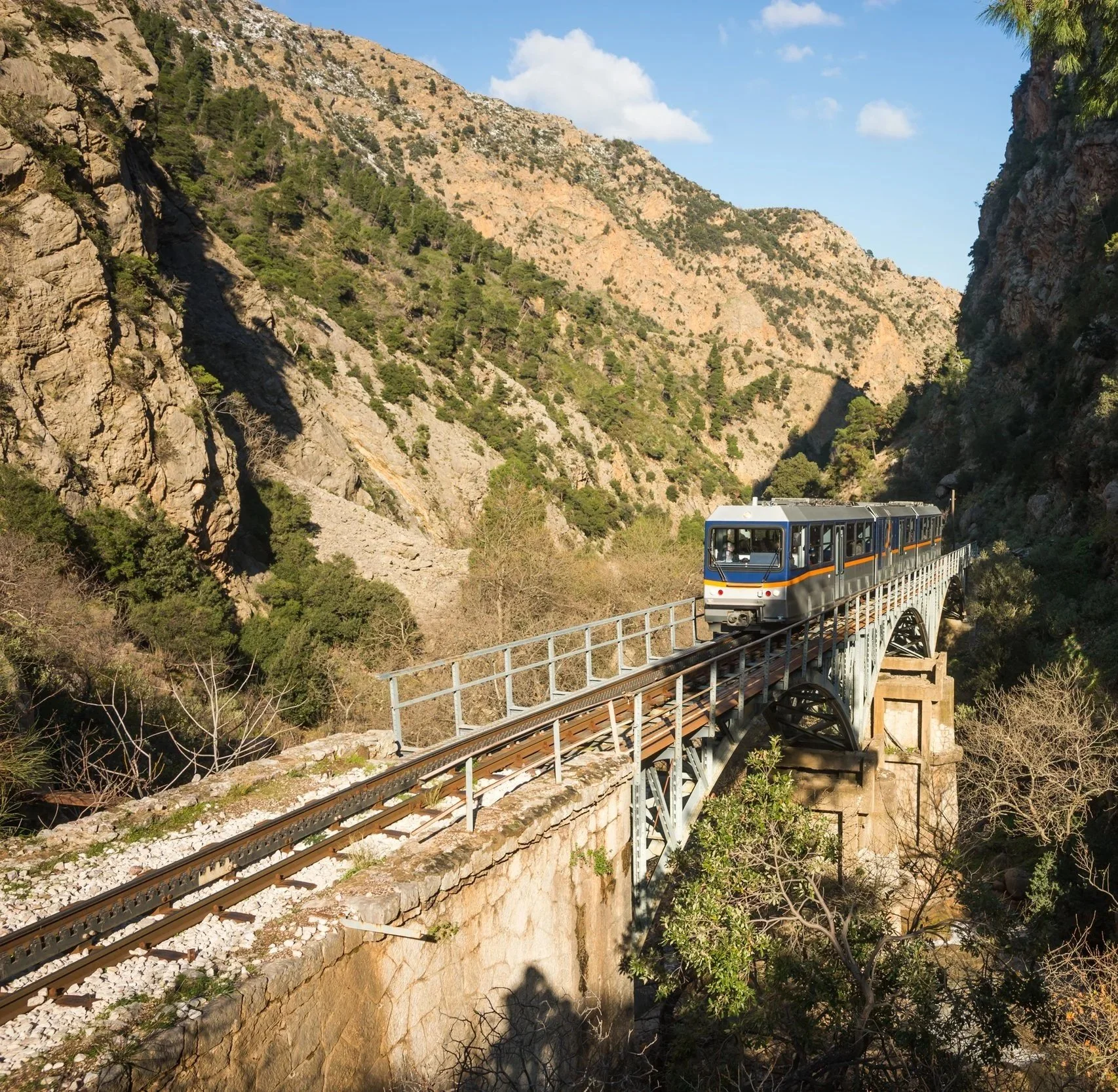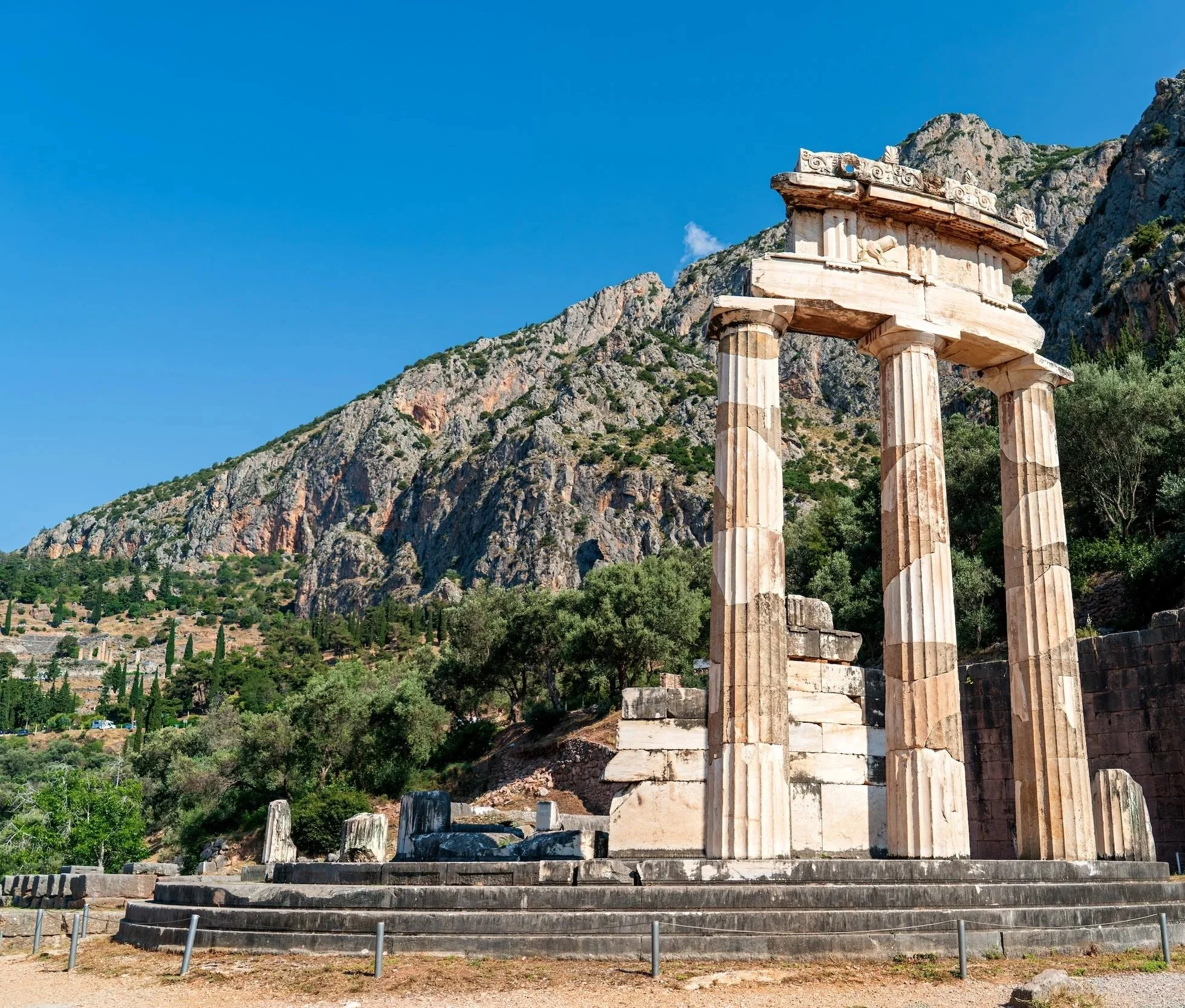
Greece
State and Super State in Ancient Greece
Explore ancient Greek political structures, from the palaces of Mycenaean kings to the federal leagues of later eras.
TOUR STATUS
Limited Places | Maximum 16
TOUR DATES
Sep 22 - Oct 9, 2026 | 18 Days
TOUR LEADERs
Prof Minchin & Dr Londey
snapshot
-
-
The tour starts at 6.30pm on Tuesday 22 September, at the Herodion Hotel, Athens.
The tour ends after breakfast on Friday 9 October, at the Herodion Hotel, Athens. -
Grade Two. This tour is designed for people who lead active lives.
-
17 nights’ accommodation in centrally located 3 and 4-star hotels. All breakfasts, 4 lunches and 2 dinners. Services of two expert tour leaders throughout. All ground transport, entrance fees and tipping.
-
$13,980 AUD per person, twin share (land content only)
$2,380 AUD supplement for sole use of a hotel roomA $1,000 AUD non-refundable deposit is required per person to confirm your booking on tour
-
Limited Places. Five or less available.
OVERVIEW
The ancient Greeks are often remembered for their artistic achievements, philosophical inquiry and mythological vision – yet they were also remarkably inventive political thinkers.
This new 18-day tour, led by classicists Elizabeth Minchin and Peter Londey, explores the full range of ancient Greek political structures, from the autocratic palaces of Mycenaean kings to the democratic assemblies and federal leagues of the Classical and Hellenistic worlds. Across the tour, we trace the emergence of the polis, or city-state, and its many permutations: oligarchies, democracies, federal states and military regimes. We’ll also visit sacred centres, battlefields, civic spaces and frontier strongholds – each revealing how the Greeks imagined and organised collective life.
Designed for those with a strong interest in Greek history and politics, the tour follows a geographical sweep – from Athens to Perachora, Epidauros, Mycenae, Sparta, Mistra, Olympia, Aitolia, Delphi, Thermopylai, Thebes, and finally back to Athens.
tour highlights
The aim of every Academy Travel tour is to provide a rewarding, in-depth travel experience.
YOur expert tour leaders
Professor Elizabeth Minchin taught Classics at ANU for 25 years and is a world-renowned expert on the Homeric epics.
Dr Peter Londey is a Greek historian who also taught at ANU, and who with Elizabeth previously ran student tours to Greece.
tour ITINERARY
Athens (3 nights), Nafplio (2 nights), Gytheio (1 night), Olympia (1 night), Patras (2 nights),
Delphi (3 nights), Chalkida (2 nights), Athens (3 nights)
Included meals are shown with the letters B, L and D
Hotels have been selected principally for their central location. All hotels are a comfortable four-star standard.
Tour Accommodation
Athens, Herodion Hotel | 6 Nights, total
Nafplio, Rex Hotel | 2 Nights
Gytheio, Aktaion Hotel | 1 Night
Olympia, Hotel Europa | 1 Night
Patras, Moxy Patra Marina | 2 Nights
Delphi, V Hotel | 3 Nights
Chalkida, Lucy Hotel | 2 Nights
tour booking
$13,980 AUD per person, twin share (land content only)
$2,380 AUD supplement for sole use of a hotel room
A $1,000 deposit is required per person to confirm your booking on tour. This deposit is non-refundable.
Hold a Place
Still deciding? We are happy to hold a tentative place for 7 days while you make your final arrangements.
Book Online
To secure your place(s) on tour, book online below with “Athena”, our virtual tour consultant.
DOWNLOAD FORM
Download a printable booking form. You can also complete the form on screen and submit via email.
your tour consultant
The consultant for this tour is Lucy Yeates. For further information or to discuss the tour, please call 9235 0023 (Sydney) or 1800 639 699 (outside Sydney) or email lucy@academytravel.com.au
have you thought about?
Academy Travel is more than just a tour operator. We are also a full-service travel agency who can assist you with all aspects of your travel, including flights, transfers, pre-tour arrival, additional travel and comprehensive travel insurance.
can’t make this departure?
If these dates don't work for you, register to hear about the next tour.

























